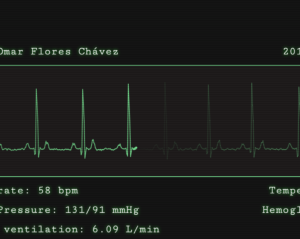Despite success in other browsers, Opera is the only major vendor not to support third-party add-ons. Fans passionately argue that Opera doesn’t need extensions because it offers more built-in functionality and configuration options than any of the competitors. Others claim Opera isn’t for them because it’s missing a essential feature.
The arguments should end with the release of Opera 11 — the first version of the browser to support extensions. Developers will be able to add or extend the browser’s functionality using standard HTML5, CSS, JavaScript and the supported APIs. Extensions will be based on the W3C Widget specification which may ultimately become an Open Standard.
Opera’s extensions will be similar to those offered by Chrome and Safari. That’s sensible — they’re easy to create and it should be relatively easy to port existing add-ons. In the first release, developers will be able to run background processes, add buttons, create menus, and manipulate interface controls such as tabs and the browser window. Opera is keeping it simple so they can focus on getting it right, but further API controls will be added as the system evolves.
Add-on installation will be a painless one-click and confirm process or you can drag an extension file into Opera. You probably won’t need to restart the browser.
The alpha release of Opera 11 will be available shortly. Extension development tutorials, guides and references will be published at dev.opera.com.
Will you consider using Opera once it has extensions? Could this feature raise Opera’s profile and its market share? Or is it too late?
Craig is a freelance UK web consultant who built his first page for IE2.0 in 1995. Since that time he's been advocating standards, accessibility, and best-practice HTML5 techniques. He's created enterprise specifications, websites and online applications for companies and organisations including the UK Parliament, the European Parliament, the Department of Energy & Climate Change, Microsoft, and more. He's written more than 1,000 articles for SitePoint and you can find him @craigbuckler.



